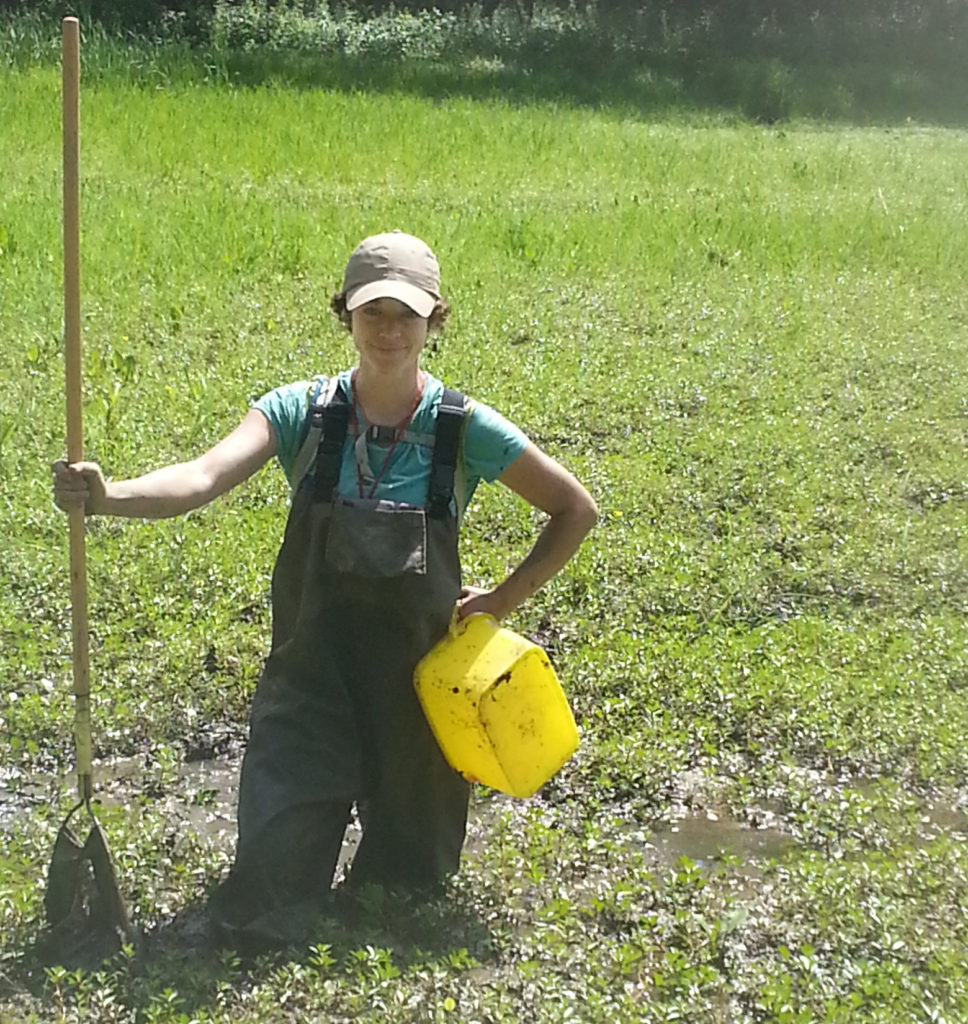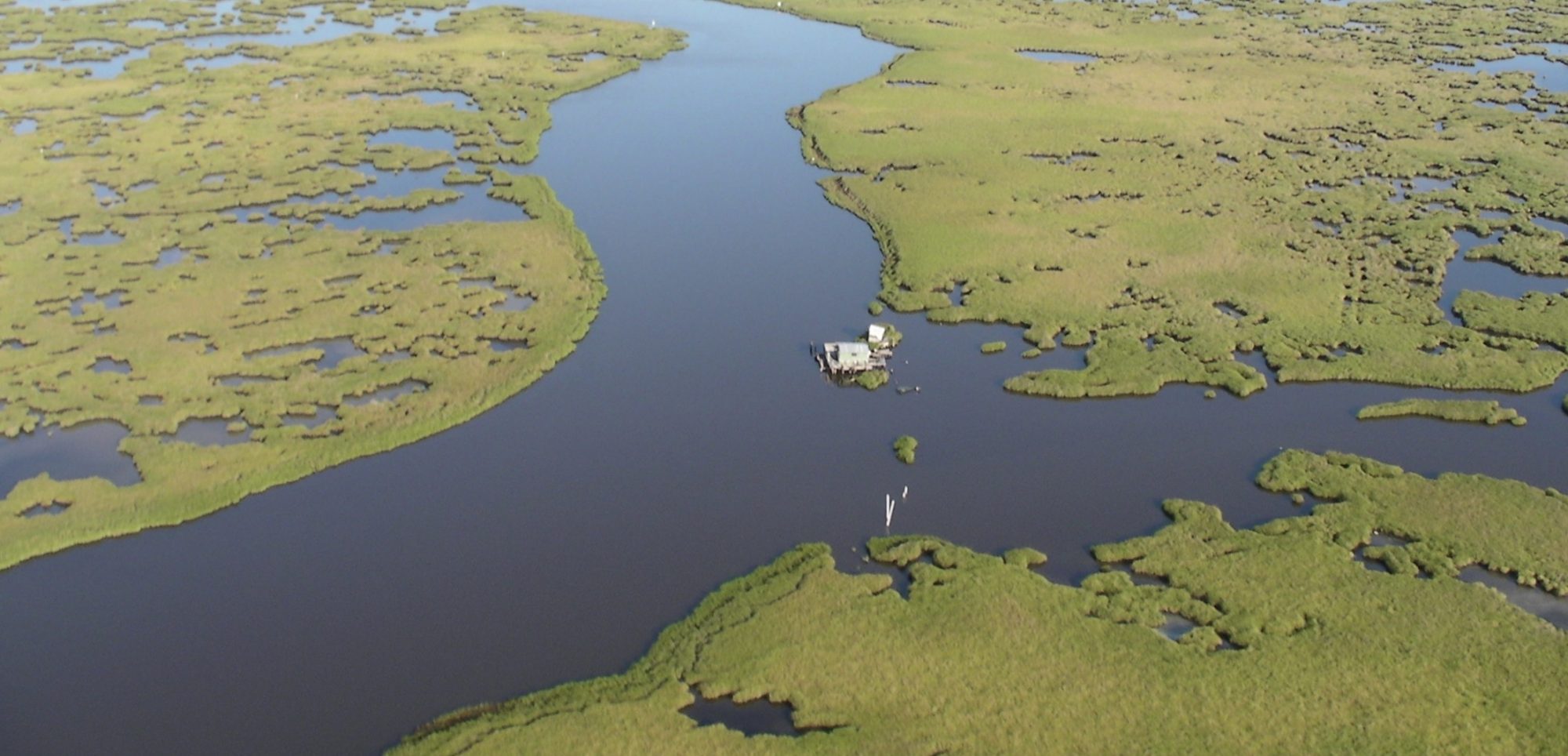
M.S. Candidate, Eastern Kentucky University
Conference Travel Grant Type 2 (Society of Wetland Scientists)
Developing an Amphibian Index of Biotic Integrity and Validating a Rapid Assessment Method for Kentucky’s Wetlands
“In the past century, Kentucky has lost more than 80% of its wetlands; and because state-wide monitoring is historically minimal, this number is likely underestimated. The Kentucky Division of Water, with Eastern Kentucky University, and a technical working group, developed a rapid wetland assessment method (i.e. KY-WRAM) to assess wetland quality, and aid in establishing mitigation levels and long-term monitoring. Validation of the KY-WRAM’s ability to reflect wetland condition will include intensive biotic assessments of amphibian, plant, and bird communities. To compare the amphibian data to KY-WRAM scores, EKU and John MacGregor (Kentucky Department of Fish and Wildlife Resources) are working to develop an amphibian index of biotic integrity (Amphibian IBI). Wetland and amphibian surveys for the 2014 season were conducted at 20 riverine wetlands in the Kentucky River basin in Central Kentucky. For the 20 wetlands surveyed via dip-netting and minnow-trapping, four were low quality, thirteen were medium quality and three were high quality. We used linear regression modeling to determine if species occurrence correlated to KY-WRAM scores, or to individual metrics. Results indicated presence of five species significantly correlated to KY-WRAM scores. Additionally, species richness was significantly and positively related to KY-WRAM score (p<0.001). Species present at low quality sites tended to be present at all sites. Species determined to be “sensitive” by the amphibian IBI were mostly found in wetlands with higher KY-WRAM scores. These results suggest the KY-WRAM is a good predictor for wetland condition as it relates to amphibian community composition. To continue development of the Amphibian IBI, additional data will continue to be collected in other river basins.”
